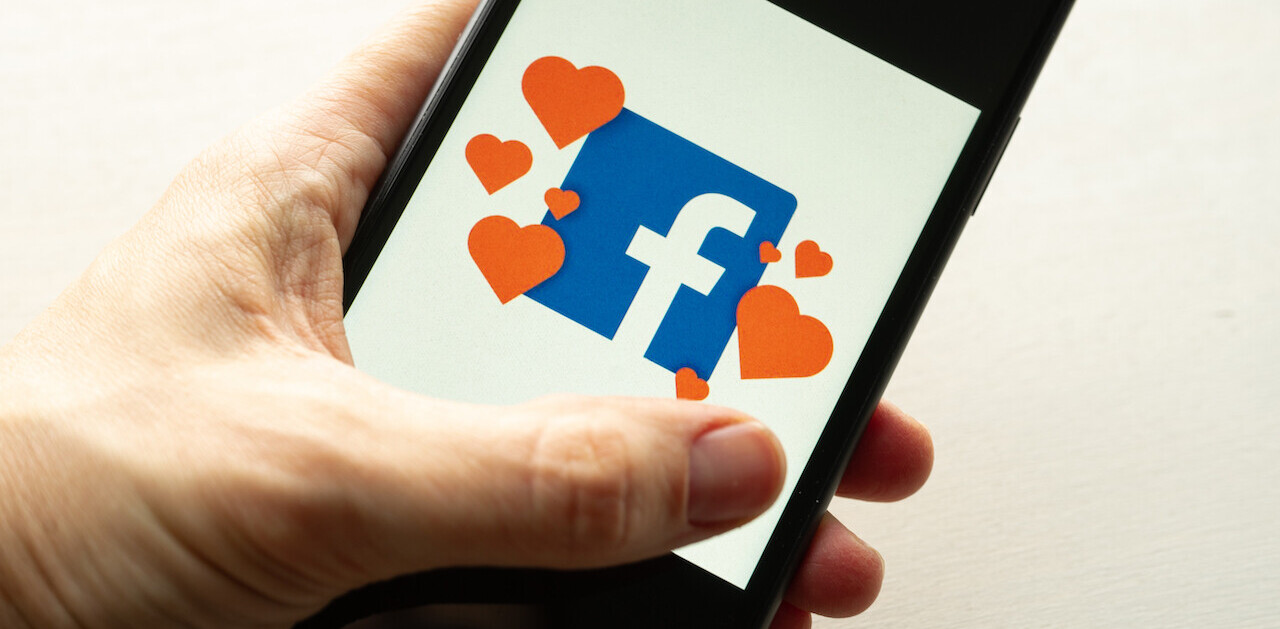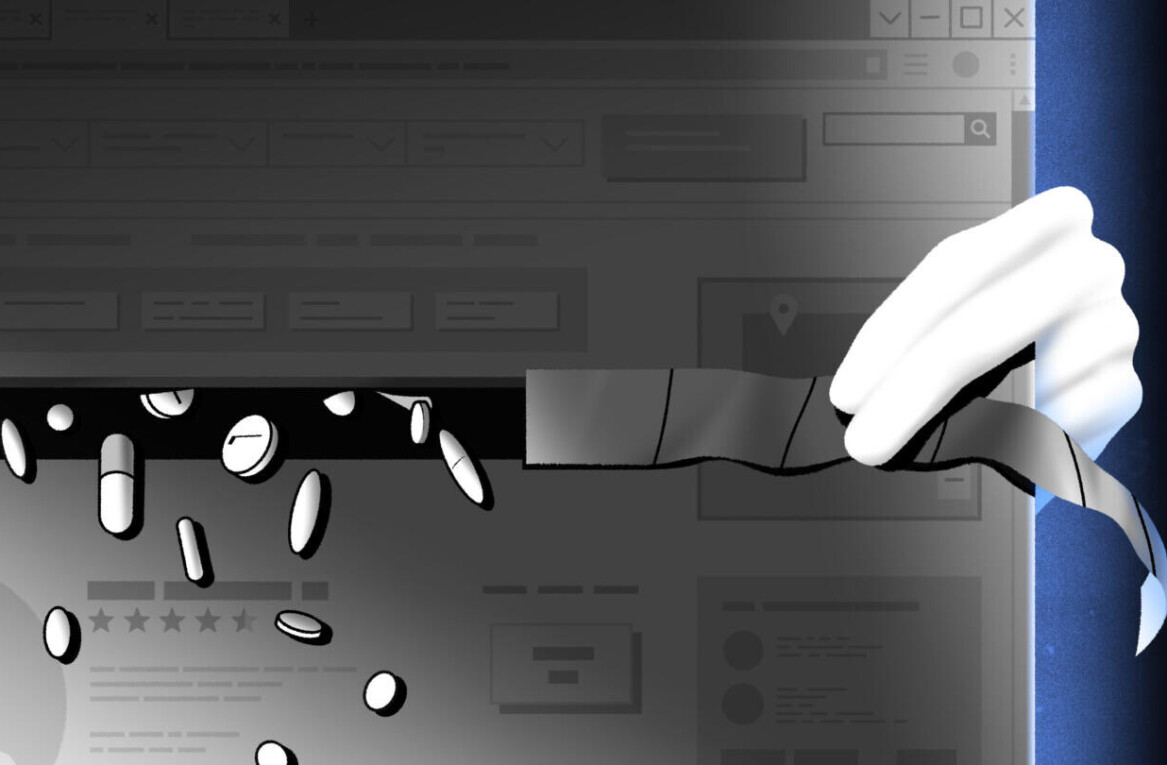
Social networks bring everyone closer together. Facebook in particular, helps us stay closer with friends and family than ever before, but what about the people you don’t want to stay close to? What about the people you’re best kept away from?
This is an increasingly important question and challenge for many, especially children that were adopted away from abusive parents. According to The Guardian, Facebook continues to be used as a tool by parents to contact their children — ones that have been adopted because of abuse and neglect.
For a child to be adopted with a no-contact order suggests there has been a high level of abuse and a demonstrable lack of ability to change.
Facebook’s massive growth across nearly every age and demographic makes it quite easy to search for anyone by name. So, while parents with no-contact orders have always and will continue to contact their children, Facebook makes the entire process exponentially easier.
But what role does Facebook actually play here? Certainly phone companies aren’t responsible for helping abusive parents contact kids, are they? Are phone books responsible then?
 The reality: Facebook is a communication tool. Good and bad things are bound to result from its popularity. Bad people do bad things no matter the tools, but Facebook can play a stronger role in supporting the privacy of its users, possibly by allowing anyone to block themselves from ever showing up in search results (instead of setting it to “Everyone” by default).
The reality: Facebook is a communication tool. Good and bad things are bound to result from its popularity. Bad people do bad things no matter the tools, but Facebook can play a stronger role in supporting the privacy of its users, possibly by allowing anyone to block themselves from ever showing up in search results (instead of setting it to “Everyone” by default).
Facebook only benefits from over-sharing, and it’s not Facebook’s job to decide what’s best for us (though they may be morally obligated to consider it). In the end, it is our job. The users. The parents. We’re the people who need to put pressure on Zuckerburg if Facebook messes up, or if there’s something better it can do, because privacy will continue to decline as people share more and more of their lives. This is why it is so necessary to make it dead easy for users to understand exactly what they’re doing and who they’re sharing with. It needs to be crystal clear, so people can be responsible — not corporations.
No matter your opinion, it’s necessary to have this sort of discussion as our society continues to change with technology. Obviously Facebook is a service that people sign up for voluntarily, but in many ways, it has become an unspoken requirement in many social groups, especially younger demographics. What do you think about the emerging problems linked with Facebook use?
Get the TNW newsletter
Get the most important tech news in your inbox each week.





